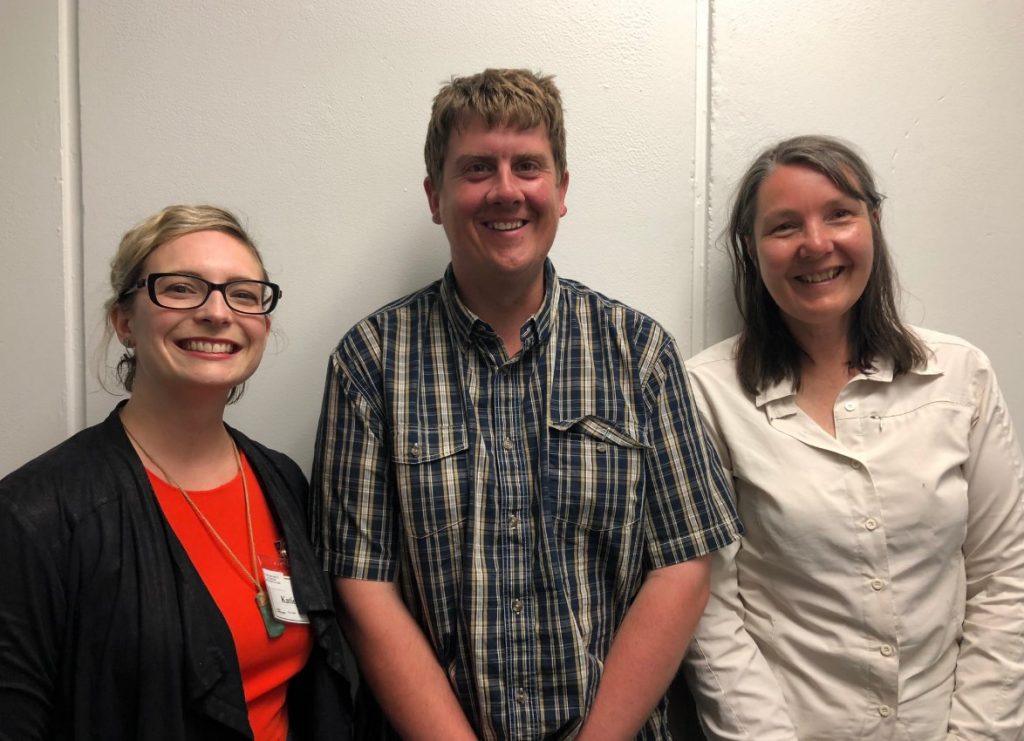Let me first state that I do not believe that volunteer burnout is a major issue in the conservation sector (environment). I have insufficient evidence to prove that this is the case. However, community environmental groups (CEG’s) and resource management agencies have cause for concern if national volunteer statistics and sector-specific research results are anything to go by.
It is fair to say that the conservation sector has been grossly under resourced for decades by successive governments and regional agencies. As a consequence, resource management agencies have increasingly relied upon CEG’s to help halt the decline in Aoteoroa’s unique biodiversity. In the face of this growing reliance, volunteer hours nationwide between 2004 and 2013 fell by 41% from 270 million to 157 million while volunteer numbers increased by 21% (Non-profit Institutions Satellite Account: 2013). This trend suggests that episodic volunteering is the fashion with less commitment to a single group or project, and a preference for 2-3 hour activities once or twice a year. From my own observations, this appears to run true for activities coordinated by CEG’s. In addition, the very composition of these groups is strongly skewed toward semi-retirement aged participants. This was confirmed by a survey of CEG’s in 2015 by University of Waikato researchers Peters et al. From 296 groups who responded to an online survey, the majority of groups comprised of ≥ 20 participants and close to 54% of participants were between 51-65 years old. 25.7% were between 31-50 years and 12.5% were of post retirement age. I believe that this survey touched on a core group of permanent participants.
In the conservation sector, both permanent and episodic volunteers are at play. From my own observations, the former appear to have a deep connectedness and commitment to conservation. They often associate with groups and adopt decision-making, fundraising, governance and coordination responsibilities. At volunteer events, these people are often managing episodic volunteers to complete tasks such as tree planting or weeding.
What does sector burnout mean for conservation volunteering?
What does this all mean for conservation volunteering? I believe it means that pre-retirement aged volunteers are very prone to burnout. They have, and continue to be increasingly relied upon by resource management agencies (as mentioned by Peters et al., 2015), and are receiving little support from episodic volunteers who tend to avoid tasks which demand greater commitment such as writing funding applications or organising events. If this is the case, then I suggest that the sector is undermining itself. It is important to recognise that permanent volunteers play a crucial role in conservation because they have knowledge, skills, experience and commitment required to achieve project objectives, some of which take decades.
I suggest that further longitudinal research be undertaken to assess the extent of volunteer burnout across the sector. To alleviate burnout, the best thing that government-funded agencies can do is work closely with CEG’s to develop collective programmes to support permanent volunteers around volunteer management, recruitment and retention that are specific to the sector. In addition, continue to build upon initiatives that aim to involve volunteers at a deeper level around education using easily accessible and useable toolboxes and citizen science applications to monitor nature. Of course, more funding for CEG’s is the obvious answer, but this is not an easy fix when agencies are already struggling to resource other sectors of the community.
Written by David Bowden
Manager Programmes and Volunteer Coordination
Forest and Bird Protection NZ Inc.
References:
- Peters et al., (2015). Action on the ground: A review of community environmental groups’ restoration objectives, activities and partnerships in New Zealand. New Zealand Journal of Ecology: 39(2). p179-189.
- Statistics New Zealand (2016). Non-profit institutions satellite account: 2013. Retrieved from www.stats.govt.nz.
- Volunteer Reference Group (2017). Overview paper on the state of volunteering in New Zealand. Retrieved from www.volunteeringnz.org.nz.



About The Author: Michelle Kitney
Chief Executive, Volunteering New Zealand
More posts by Michelle Kitney